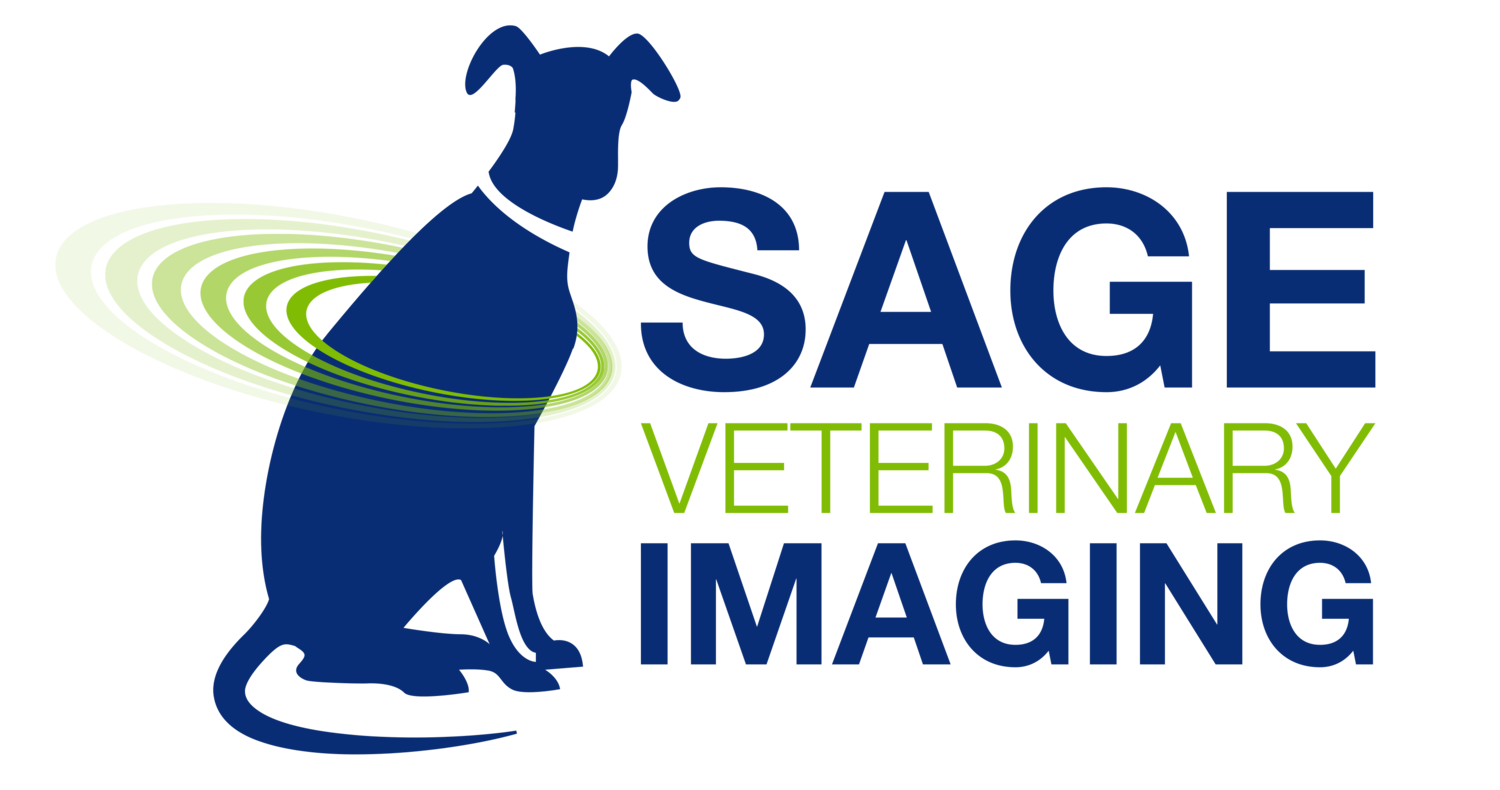FAQ: What information should I share before my pet’s imaging appointment?
Every detail you share helps us care for your pet safely and accurately.
Advanced imaging gives us powerful insight — but it’s most effective when paired with a complete picture of your pet’s health. Here’s what to tell our team before your visit:
Current Medications
Let us know everything your pet is currently taking — including prescription drugs, supplements, or over-the-counter products. Certain medications can influence how anesthesia is administered or how imaging results are interpreted.
Recent Lab Work
If your pet has had bloodwork or other diagnostic tests performed recently, bring a copy or have your veterinarian send it to us. These results help our radiologist understand your pet’s internal health and determine if any adjustments are needed for anesthesia or contrast use.
Prior Imaging
Previous X-rays, ultrasounds, CT scans, or MRIs provide valuable context and allow us to compare changes over time. If imaging was done elsewhere, your veterinarian can easily share those files with us through our secure platform.
Allergies
Whether it’s a reaction to medication, food, or something environmental, please share any known allergies or sensitivities. Even minor details can make a big difference in how we prepare for your pet’s visit.
Chronic Illnesses
Ongoing conditions — such as diabetes, heart disease, thyroid disorders, or mobility issues — help us tailor care to your pet’s unique needs. Mention any recent changes in symptoms or new diagnoses as well.
Pregnancy Status
If your pet is pregnant or could be, let us know in advance. This allows us to select the safest imaging approach and anesthesia protocol for both mother and offspring.
Sedation or Anesthesia Concerns
Has your pet ever had a reaction to anesthesia or sedation? Or do they become extremely anxious in clinical settings? Sharing these experiences helps us plan ahead — from medication choices to gentle handling techniques that keep your pet calm and comfortable.
Where They’ll Go Next
Finally, please tell us if your pet will be returning to their regular veterinarian or transferring to a specialty or emergency clinic after imaging. This helps us send results to the right place quickly and ensure a smooth handoff for follow-up care.
A Complete Picture = Better Care
Every detail you share — big or small — helps our team deliver safer anesthesia, faster answers, and clearer communication between all members of your pet’s care team.

